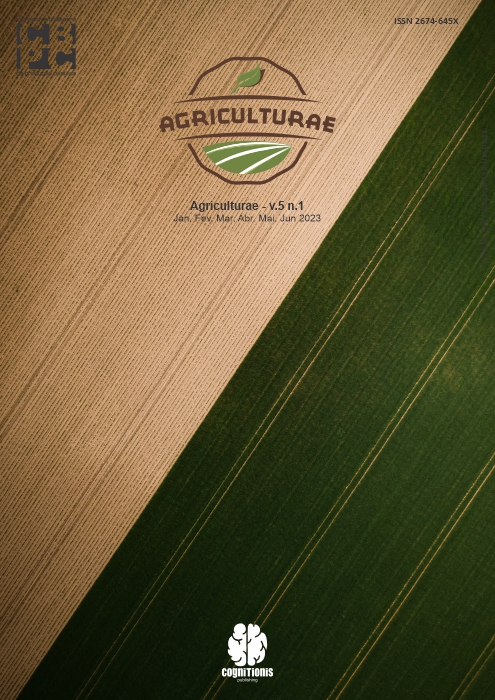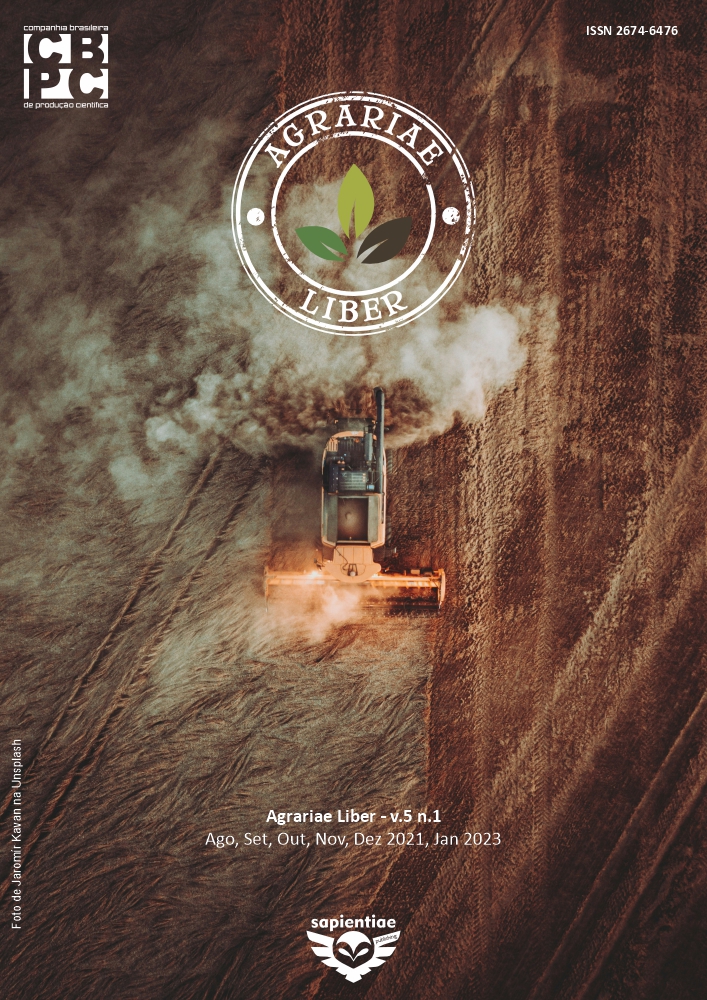Monitoring the quality of residential and fresh water for analysis of alternative treatment, Amapá, Brazil
DOI:
https://doi.org/10.6008/CBPC2237-9290.2022.002.0011Keywords:
Potability, SDG 6, Cost benefit, Laranjal do Jari, AmazonAbstract
This article is the result of the integrative project Voices of Jari River, developed at the Federal Institute of Education, Science and Technology of Amapá, which is in line with the 2030 agenda. The Jari River watershed is in a geographic area where the climate dynamics is very intense. The municipality of Laranjal do Jari has a unique history of extreme events characterized by long-lasting floods that, added to the lack of infrastructure, leave the inhabitants in a vulnerable situation every year. The objective of the research was to analyze the physical-chemical and microbiological quality of the water received by residents of Old Power Plant Street, located on the banks of the Jari River, and to propose low-cost treatment alternatives, fitting them to the standards determined by the Consolidation Ordinance 888 from the Ministry of Health in May 4, 2021. The experiment was carried out using three treatment methodologies: making a low-cost homemade filter, using an industrialized clay filter and disinfection technique by solar irradiation. A collection point was chosen at the end of the study area, with five campaigns carried out on a time scale of 7 days, alternating direct water from the consumer's tap and three campaigns of water direct from the Jari River to better test the efficiency of the homemade filter. Analyzes and assessments of potability standards were carried out before and after the filtration and solar irradiation process to purchase them. The results allowed us to conclude that the filters provided a significant improvement in potability standards. The homemade filter proved to be an efficient instrument for improving water quality, bringing a similar result to the traditional clay filter, due to the value and ease of transporting the plastic filter, a valid solution to lessen the problems with drinking water in places of domestic vulnerability and for forest workers who may transport the same filter as well.
Downloads
Downloads
Published
Issue
Section
License
Copyright (c) 2023 Natural Resources

This work is licensed under a Creative Commons Attribution-NonCommercial-NoDerivatives 4.0 International License.
The CBPC - Companhia Brasileira de Produção Científica (Brazil CNPJ: 11.221.422/0001-03) the material rights of the published works. The rights relate to the publication of the work anywhere in the world, including rights to renewals, expansions and dissemination of the contribution, as well as other subsidiary rights. All electronically published works may subsequently be published in printed collections under the coordination of this company and / or its partners. The authors preserve the copyright, but are not allowed to publish the contribution in another medium, printed or digital, in Portuguese or in translation.








